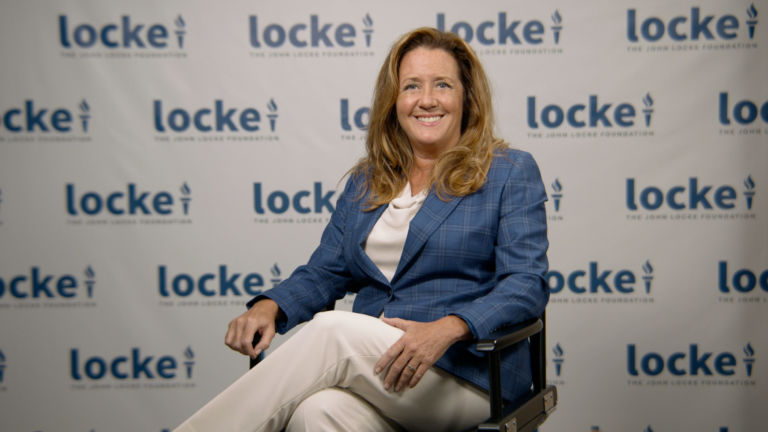Christopher Rufo writes for City Journal about one of the political left‘s most dangerous ideas.
The latest call to action from some criminal-justice activists: “Abolish the police.” From the streets of Chicago to the city council of Seattle, and in the pages of academic journals ranging from the Cardozo Law Review to the Harvard Law Review and of mainstream publications from the Boston Review to Rolling Stone, advocates and activists are building a case not just to reform policing—viewed as an oppressive, violent, and racist institution—but to do away with it altogether. When I first heard this slogan, I assumed that it was a figure of speech, used to legitimize more expansive criminal-justice reform. But after reading the academic and activist literature, I realized that “abolish the police” is a concrete policy goal. The abolitionists want to dismantle municipal police departments and see “police officers disappearing from the streets.”
One might dismiss such proclamations as part of a fringe movement, but advocates of these radical views are gaining political momentum in numerous cities. …
… Police abolitionists believe that they stand at the vanguard of a new idea, but this strain of thought dates to the eighteenth-century philosopher Jean-Jacques Rousseau, who believed that stripping away the corruptions of civilization would liberate the goodness of man. What police abolitionists fail to acknowledge is the problem of evil. No matter how many “restorative” programs it administers, even a benevolent centralized state cannot extinguish the risks of illness, violence, and disorder. Contrary to the utopian vision of Rousseau and his intellectual descendants, chaos is not freedom; order is not slavery. In the modern world, civilization cannot be rolled back without dire consequences.


